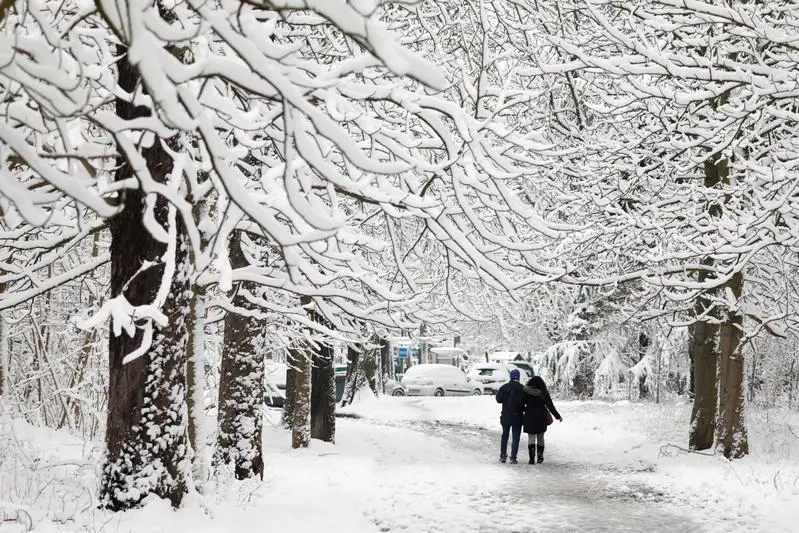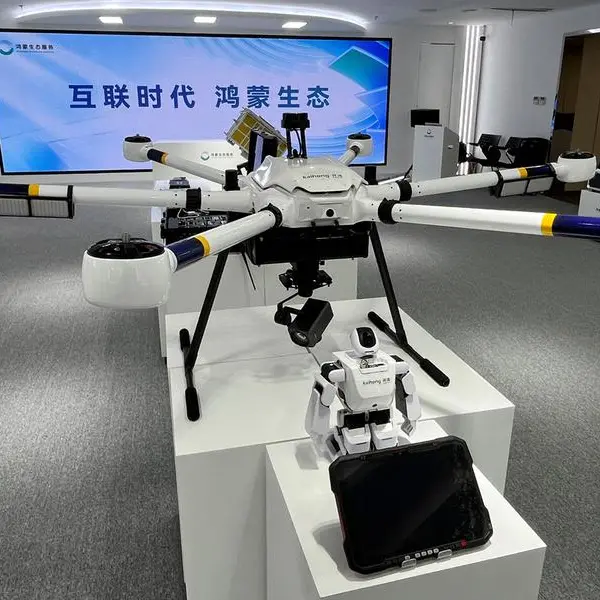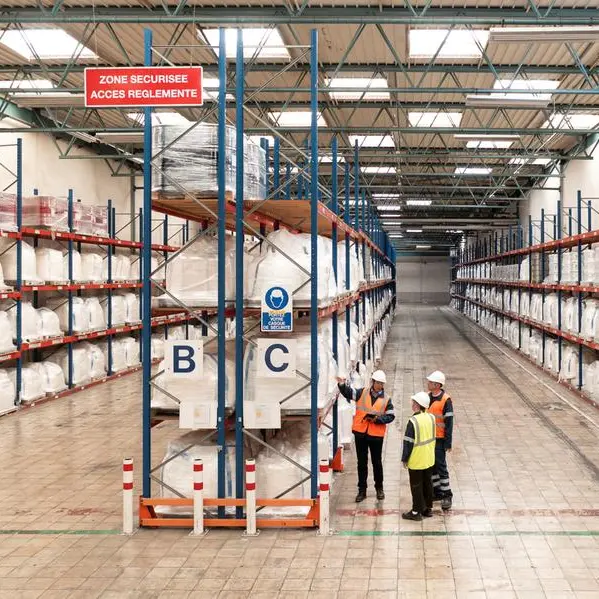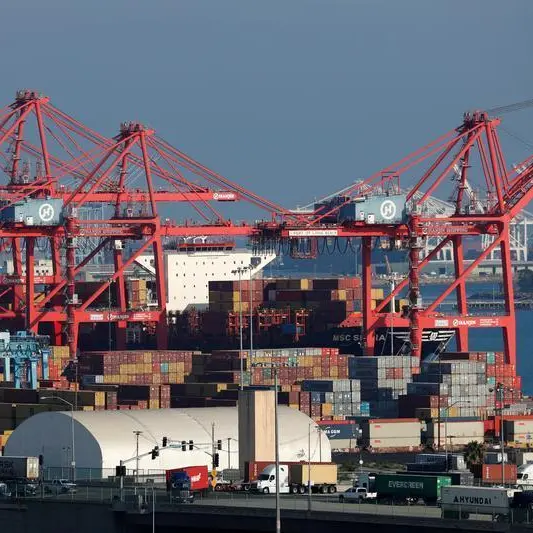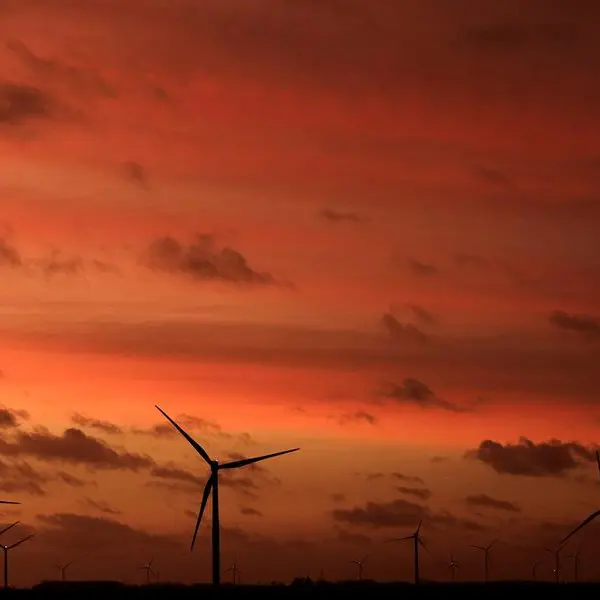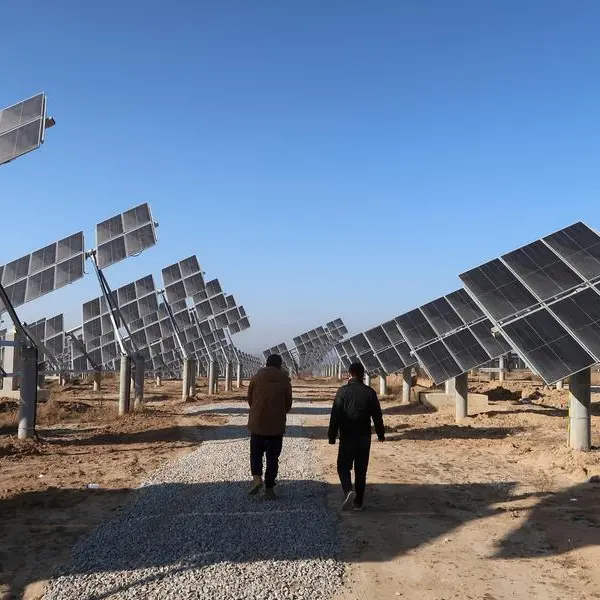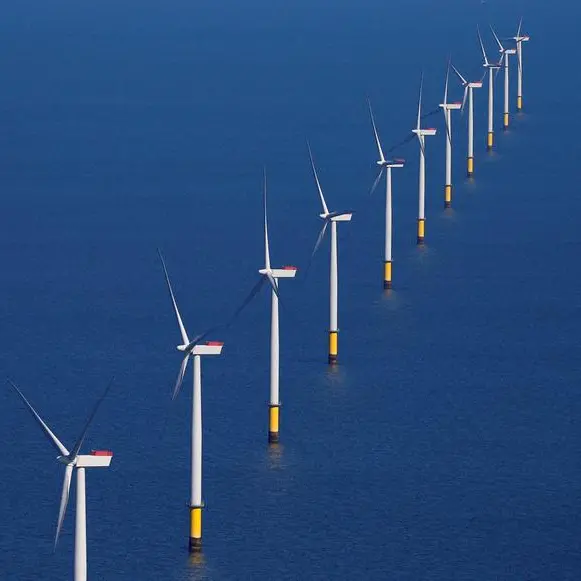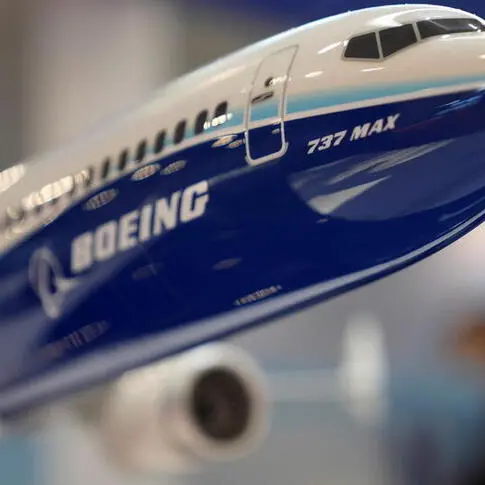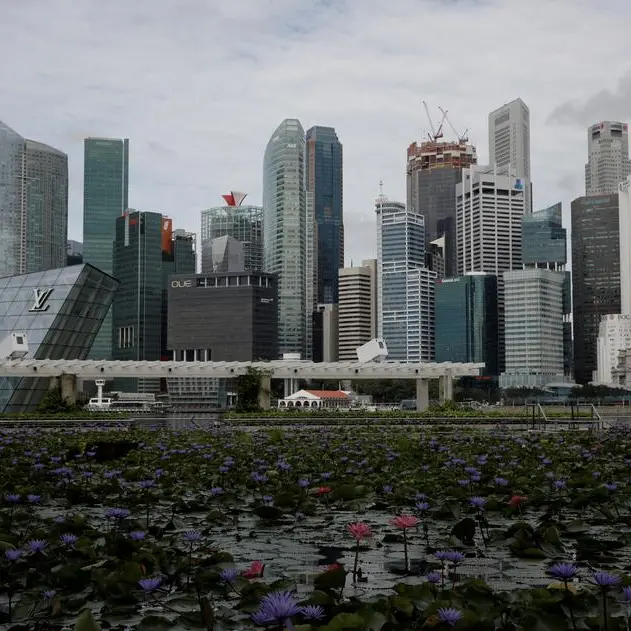PHOTO
LONDON - Europe has not made enough progress in locking in long-term contracts for liquefied natural gas (LNG) as an alternative to Russian pipeline supply, which may prove costly next winter as a rebound in Chinese demand could sharply tighten the market.
Buying LNG to replace curtailed Russian flows helped the bloc weather the first winter of the Ukraine conflict, with Europe importing 121 million tonnes of the fuel in 2022, a 60% increase from 2021.
But that came at a cost: Europe bought largely on the spot market, where prices are much higher than those negotiated under long-term deals favoured by seasoned buyers like China. According to the International Energy Agency, the cost of its LNG imports more than tripled in 2022 to some $190 billion.
Analysts estimate that Europe accounted for more than a third of global spot market trades in 2022, from around 13% in 2021. Such exposure could reach more than 50% this year if no long-term contracts were signed.
But Europe's climate goals - the EU aims to cut net emissions at least 55% by 2030, and to reach net zero by 2050 - mean its LNG buyers struggle to commit to the timeframes necessary to lock in LNG more cheaply under contract.
Morten Frisch, senior partner at Morten Frisch Consulting, said Europe ideally needs about 70-75% of its LNG supply under firm long-term sale and purchase agreements (SPAs).
"But since the green lobby in Europe has managed to persuade politicians wrongly that hydrogen to a large extent can replace natural gas as an energy carrier by 2030, Europe has become far too reliant on spot and short term purchases of LNG," he added.
One senior supply-side source reported a "disconnection" during negotiations with European companies between their needs and the messages they get from their governments on climate.
"Some customers struggle internally... (wondering) is there is a hard stop in 2030? Is there a net-zero by 2040? This moving target... is it really a cliff?" he said.
"This makes it tough for them to commit to the medium and longer term deals, and that potentially leaves them exposed to the spot market in the future."
SECURITY OF SUPPLY
Asia has continued to pull ahead in the race for limited global LNG supply this year before new flows come into the market in 2025 and beyond.
"Their preference for security of supply has allowed them to continue to support new projects, whereas European buyers are concerned about committing to supply well into the start of their net-zero targets," said Felix Booth, head of LNG at energy intelligence firm Vortexa.
While gas is a fossil fuel, it produces less carbon dioxide emissions than coal, so some EU states see it as a temporary alternative to replace dirtier fuels.
Eurasia Group's managing director for energy, climate and sustainability Raad Alkadiri said Europe will not be able to lock in LNG as a replacement for Russian gas as long as the EU views it as a transition fuel, as producers want a guaranteed market in Europe over the next few decades.
Spot LNG prices have dropped more than 82% since they hit a record $70.50 per million British thermal units (mmBtu) in 2022 after Russia’s invasion of Ukraine.
But they are expected to rise again, with a hot summer that could cut hydro levels, a cold 2023-2024 winter and a rebound in Chinese LNG demand all seen as among the risk factors for price.
"EU companies would need to act first by signing a series of large-scale, long-term SPAs based on the Chinese model, to hedge themselves against any ups and downs of the turbulent global LNG market," said Victor Tenev, LNG business consultant at advisory ROITI Ltd.
"Failing to hedge their unenviable natural short position would leave the EU exposed again to the damagingly expensive spot market."
TRANSITION
Major LNG producers and traders including QatarEnergy, Shell, Chevron and ConocoPhillips have in recent months all held talks in European capitals on securing LNG deals.
QatarEnergy's talks with the German government and top power companies such as RWE have hit a wall due to disagreements over deal length, company and industry sources said.
While Qatar typically seeks to sign contracts with at least 25-year terms, Germany has sought a term of 10 to 15 years due to its commitments to slash greenhouse gas emissions, the sources said.
"If you take gas with the delivery point Germany, you cannot go beyond 2043, because gas is not allowed in Germany after 2043," a senior German industry source said.
To resolve the issue, Qatar has offered Germany shorter term contracts of 15 years which would price the LNG at a hefty premium to the longer-term contract, the sources said.
"Nobody wants to lock in 20 years nowadays, and it's the worst possible idea when you're trying to work out what's going to happen next year," Shell Chief Financial Officer Sinead Goreman said at a conference in March.
Shell is offering supply contracts with "break clauses" to allow changes to contracts' term and destination throughout the life of the supply deal such as a three, five or 10 year mark, she said.
"That's what you are going to see more and more - the big integrated players... (being) willing to take that risk because ultimately, countries and smaller companies want to have the flexibility to say, well, let's see how fast renewables grow."
(Reporting by Marwa Rashad and Ron Bousso; Additional reporting by Sarah McFarlane in London and Alexandra Schwarz-Goerlich in Vienna; Editing by Nina Chestney and Jan Harvey)
